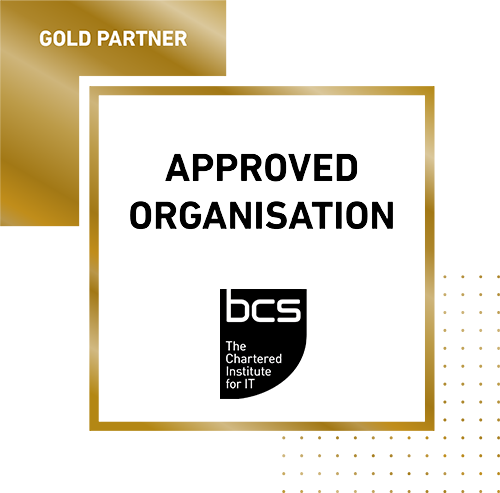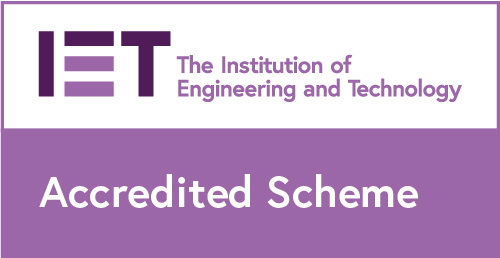Technology, Engineering & Research
Our technologists and engineers use sophisticated software, hardware and brand-new IT systems to help other teams to carry out their operations. We’re specialists across cyber security risk, complex data analysis and programmes, and across platforms, networks and infrastructure. While we’re there to support on-going operations, we also respond to critical world events. If you’re curious about the potential of tech, you’ll quickly settle in.
Roles & responsibilities
Developers and programmers
We have a huge range of roles that are dedicated to creating valuable software and tools. This helps us to collect important intelligence. You’ll have the freedom, time and support to develop software or use reverse engineering, penetration testing and intrusion detection skills.
Working on networks, platforms and infrastructures
Using your understanding of end-to-end computer networks, platforms and infrastructures, you’ll collaborate with intelligence teams to work against threats. It’s a unique way of applying your skills. You’ll do everything from analysing networks and remedying vulnerabilities on specific platforms to addressing security on larger infrastructures.
Complex data analysis
Data analysis is crucial to our work. It means compiling and preparing data – which is usually big, complex and diverse - and analysing it. Building the right tools, adopting the right techniques and drawing meaningful conclusions, you’ll help us to understand and act on intelligence.
Advising and consulting on cyber security and risk
We have a range of roles dedicated to guiding our customers and colleagues to manage cyber threats. You’ll bring your insights and understandings of cyber security and how platforms, networks and infrastructures are vulnerable. And with a shared purpose, you’ll draw in the right teams, all working together to solve problems.
Deep technical specialism
We have hundreds of specialist roles, ranging from experts in communication technologies to specialists in quantum computing. It’s a chance to use unique skills in specialist areas, helping us to collect and use intelligence.
Research
We spend a lot of time researching threats. So we also take the time to understand the tech behind them. Our researchers constantly take systems apart, test different theories and assess new ideas. You'll make data easier for people to use and reduce any risks. There are lots of applied research groups across GCHQ, but we work together and share our learnings.
Tech Talent Network
If you have a tech background and you are interested in joining us, but you’re not ready to apply yet, then our Tech Talent Network may be perfect for you. As a member, you’ll get access to exclusive content and events, along with job alerts tailored to your area of expertise.
Accreditation
GCHQ has relationships with a number of external professional bodies. We have been accredited by the Institution of Engineering and Technology (IET) and we also hold Gold member status through the British Computer Society (BCS).
These accolades recognise GCHQ as an employer that promotes professional standards and provides opportunities for you to enhance your career by developing against recognised frameworks. This could lead to you gaining externally recognised status such as Chartered Engineer or Chartered IT Professional.
These certifications also recognise GCHQ’s commitment to supporting your development with dedicated support staff and experienced mentors.

